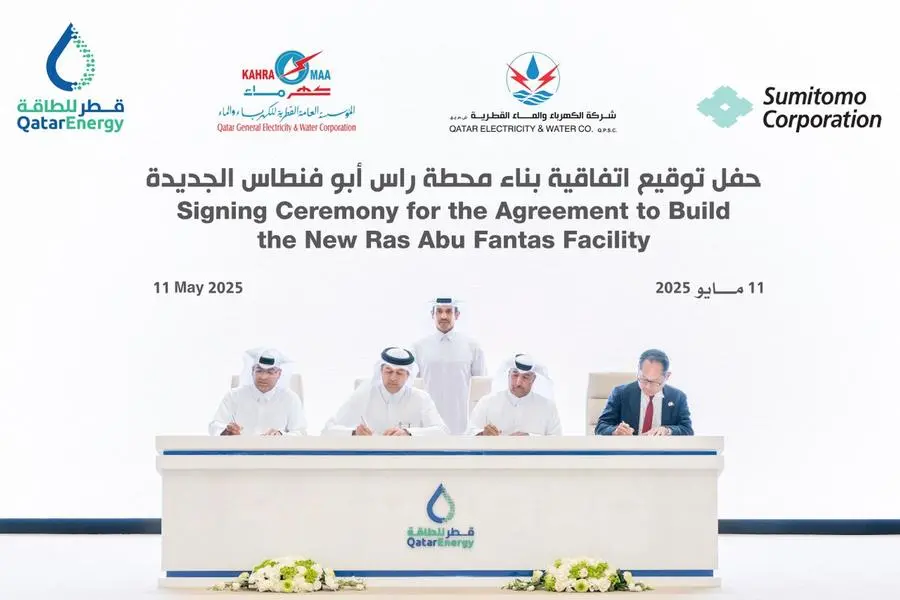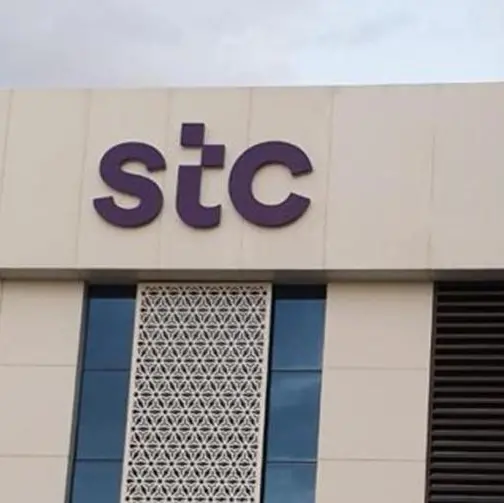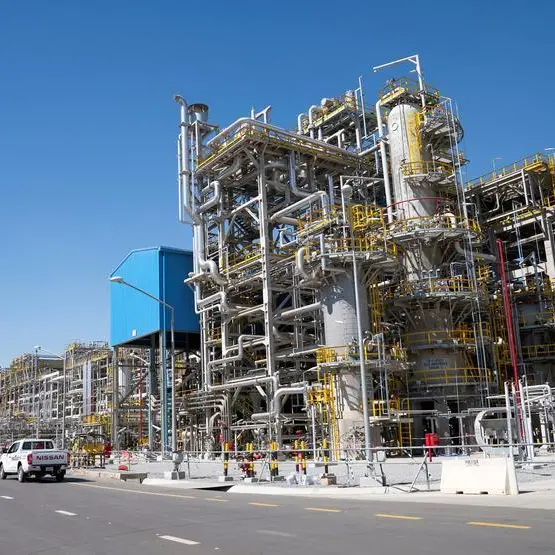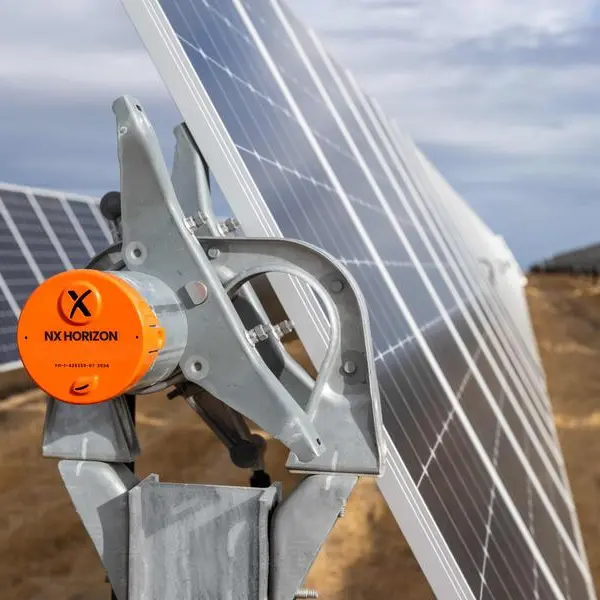PHOTO
Qatar General Electricity and Water Corporation (Kahramaa) has signed a strategic agreement with QatarEnergy, Qatar Electricity and Water Company (QEWEC), and Sumitomo Corporation (representing Luluah Sky Energy Holding consortium) for the Ras Abu Fontas Independent Water and Power Plant (IWPP), the state-owned Qatar News Agency (QNA) said.
The 13.5 billion Qatari riyal ($3.7 billion) facility will have a power generation capacity of 2,400 megawatts (MW) and a water desalination capacity of 110 million imperial gallons per day (MIGD).
In November 2024, Zawya Projects had reported that QEWC has signed a 25-year power and water purchase agreement (PWPA) with Kahramaa for the Facility E IWPP project located in Ras Abu Fontas, south of Doha. The report said project will be implemented by a Sumitomo Corporation-led consortium which includes Shikoku Electric, Korea Southern Power Company (KOSPO) and Korea Overseas Infrastructure & Urban Development Corporation (KIND).
The QNA report said commissioning will take place in three stages, with the first 836MW power phase scheduled to come online by 25 April 2028. The full power generation component is slated for completion by 1 June 2029, while the water desalination units are due to become operational by 1 August 2028.
Ras Abu Fontas project is expected to account for approximately 23 percent of Qatar’s total electricity production and 20 percent of its water output once fully operational.
Last month, Qatar inaugurated Ras Laffan and Mesaieed solar PV plants with combined capacity of 875MW, which brought the Gulf state's total renewable energy generation to 1,675MW.
The two plants, along with the 800MW Al-Kharsaah Independent Power Plant (IPP) project, meet about 15 percent of the total peak electricity demand, and the share is expected to increase to 30 percent by 2029 with the launch of the 2000MW Dukhan solar plant.
(Reporting by Deva Palanisamy; Editing by Anoop Menon)
(anoop.menon@lseg.com)
Subscribe to our Projects' PULSE newsletter that brings you trustworthy news, updates and insights on project activities, developments, and partnerships across sectors in the Middle East and Africa.





















